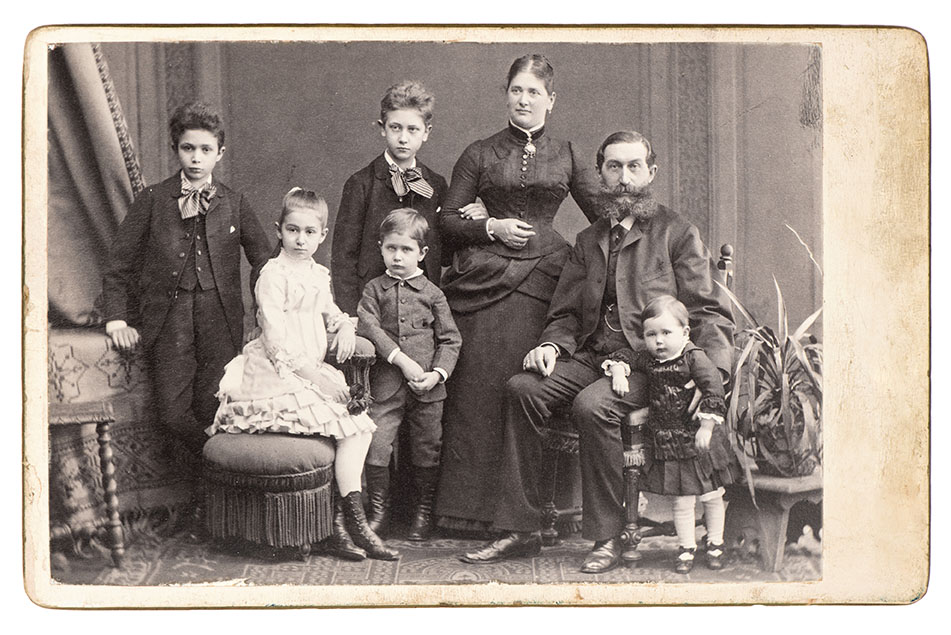

An ancestor is a member of an organism's lineage that lived in the past. Ancestors are related to an organism through descent, and they share some of the same genes.
The term ancestor can be used to refer to any individual in an organism's lineage, regardless of how closely they are related. For example, a person's great-grandparents are their ancestors, but so are their more distant relatives, such as their great-great-great-grandparents.
Ancestors can be traced back many generations. This is done by creating a family tree, which is a diagram that shows an organism's ancestors and their descendants. Family trees can be used to learn about an organism's genetic history and to identify patterns of inheritance.
The gene for blue eyes is an ancestor of the gene for brown eyes.

Noun: ancestor.
Adjective: ancestral.
Adverb: ancestrally.
Plural: ancestors.
Synonyms: forebear, forefather, progenitor, predecessor.
Antonyms: descendant.
The word "ancestor" comes from the Latin word antecessor, which means "one who goes before." The Latin word is made up of the prefix ante ("before") and the verb cedere ("to go").
What is an ancestor?
Question:
What is an ancestor?
Answer:
Address
Developing Experts Limited
Exchange Street Buildings
35-37 Exchange Street
Norwich
NR2 1DP
UK
Phone
01603 273515
Email
hello@developingexperts.com
Copyright 2025 Developing Experts, All rights reserved.